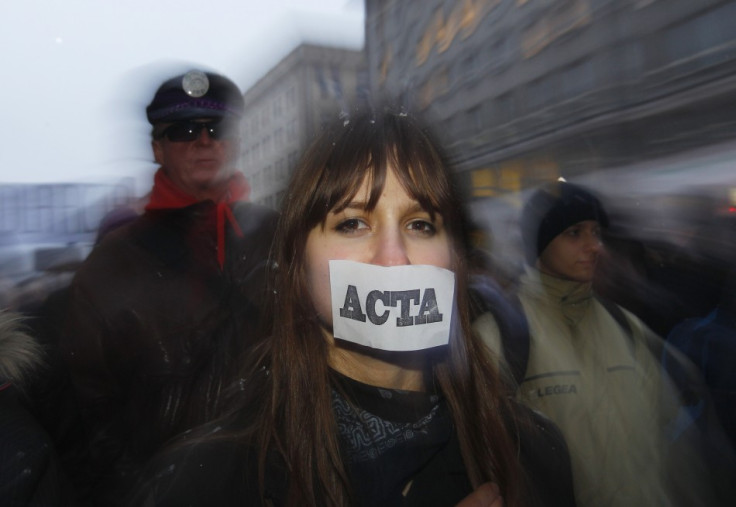Acta: Czech Republic Pulls back from Ratification

The Czech Republic has suspended ratification of an international copyright law which has brought extensive protests across Europe.
The Anti-Counterfeiting Trade Agreement (Acta) was signed by 22 European countries in January despite activists hacking government websites in a week of protests.
Czech prime minister Petr Necas said his country would stop plans to ratify the controversial Acta.
"The cabinet cannot accept a situation in which the bedrock of liberty and free access to information is endangered," Necas was quoted as saying by the Czech news agency CTK.
He said the government would undertake a thorough review of the "real-world" impact of ratifying the deal.
The Czech Republic's move follows that of Poland and Slovakia.
Poland's Prime Minister Donald Tusk halted the ratification process saying that internet activists were not represented at government meetings on the deal, which were dominated by copyright owners instead.
Slovakia's economy minister Juraj Miskov said a wide public debate needed to be initiated before the process could continue.
"I will not support a treaty that could limit human rights and freedoms," Miskov said.
Demonstrators fear that Acta will have a pernicious effect on web freedom.
According to the Electronic Frontier Foundation (EFF), the bill will deal primarily with counterfeit physical goods such as medicine but experts claim it will have broader scope and will deal with new tools targeting "internet distribution and information technology".
Acta was negotiated between the 27-nation European Union, plus Australia, Canada, Mexico, Morocco, New Zealand, Japan, Singapore, South Korea, Switzerland and the United States.
"Acta is a serious attack on civil liberties in the Czech Republic. We're convinced parliament shouldn't ratify it," Mikulas Ferjencik, deputy leader of the local Pirate Party, told AFP.
© Copyright IBTimes 2025. All rights reserved.






















